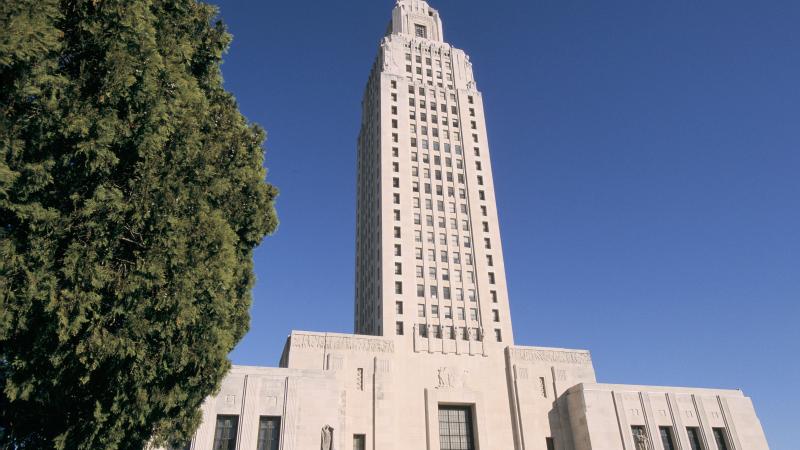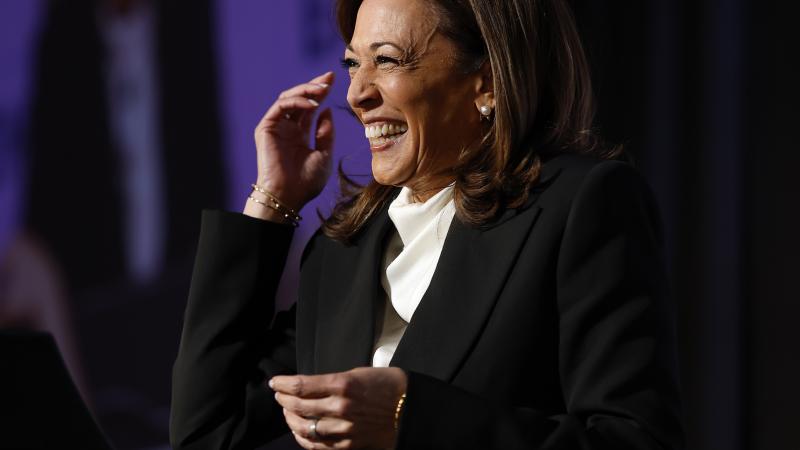Another city in Washington state bans income taxes
Kennewick, southeast of Seattle, is now the sixth municipality in Washington state to ban income taxes.
Kennewick, southeast of Seattle, is now the sixth municipality in Washington state to ban income taxes.
The city joins Battle Ground, Granger, Spokane, Spokane Valley and Union Gap. Voters in Yakima will vote on a charter amendment this November that would ban a local income tax.
The Kennewick City Council voted on the matter Tuesday night.
“The city council hereby declares that a local income tax would be in direct conflict with the high value the city places on promoting economic development through the attraction and expansion of financially healthy, family-wage paying employers,” read the council’s resolution. “Small businesses are the backbone of our local, regional, state and national economy and it is imperative not put unnecessary hurdles in the way of their success. As such, the Kennewick City Council prohibits the imposition of a local income tax in the event a local income tax is determined legal by the Washington Supreme Court or the Washington State Legislature.”
At play here are two court cases.
The state Supreme Court in April of 2020 struck down an attempt by Seattle to impose an income tax on wealthy households. The city council there in 2017 approved a 2.2% tax on individuals earning more than $250,000 and couples earning more than $500,000.
Estimates showed the tax would bring in about $40 million a year for the city.
Both the King County Superior Court and the State Court of Appeals ruled against the tax, and the Supreme Court declined the city’s request for a review. The courts overturned the tax because income is considered property, and the state constitution says property must be taxed evenly.
The Supreme Court did, however, let stand an appellate court decision last year that overturned a 1984 law banning taxes on net income.
That move opened the door for cities to impose a 1% flat tax on net income.
Two other cases are currently being argued in Douglas County Superior Court over the state’s new capital gains tax that would net the state $500 million a year.
Legislators earlier this year approved the law, to begin in 2022, that would impose a 7 percent tax on long-term capital gains in excess of $250,000. The outcome is expected to end up before the Supreme Court.
Lawmakers at the same time also did not preempt cities from imposing their own capital gains taxes.














